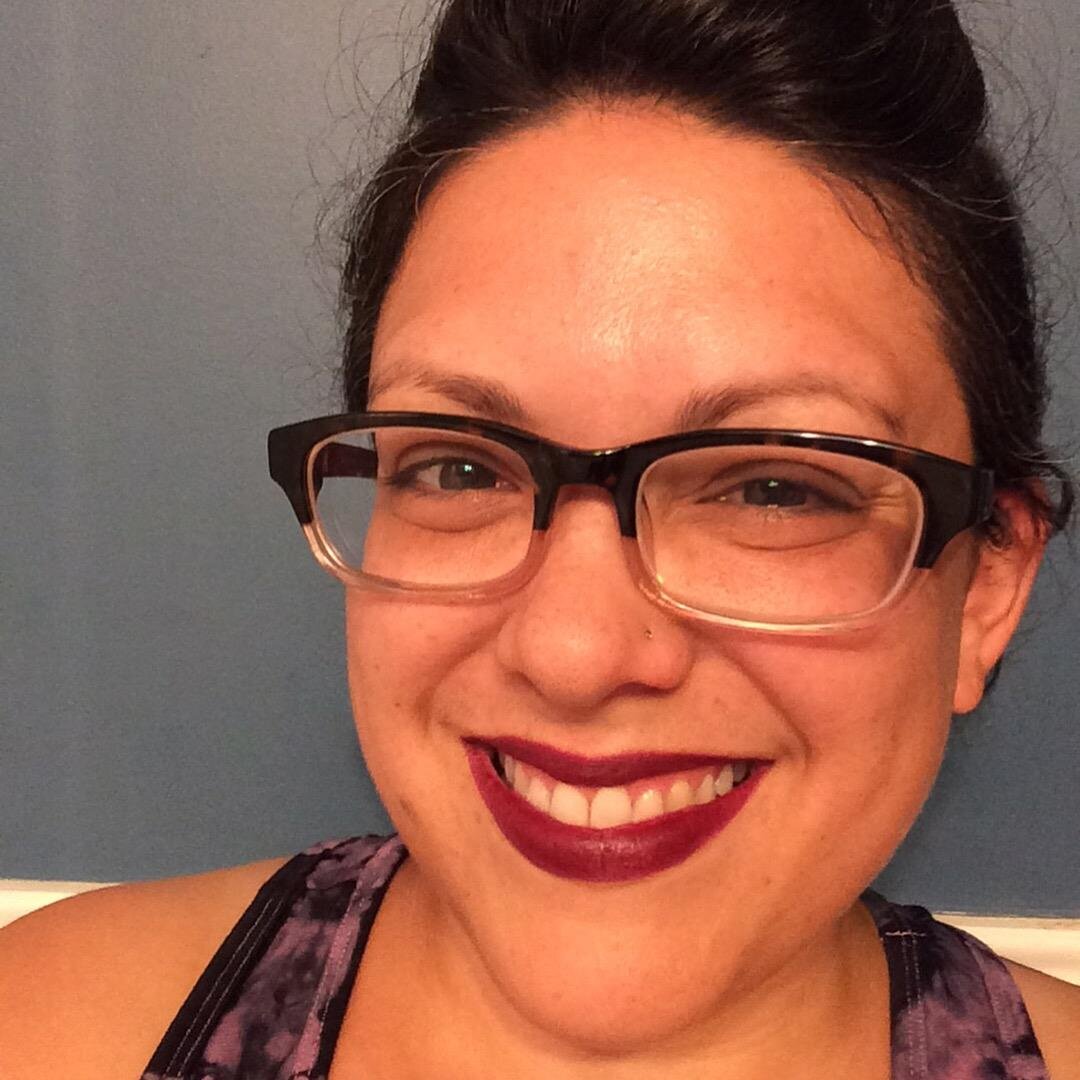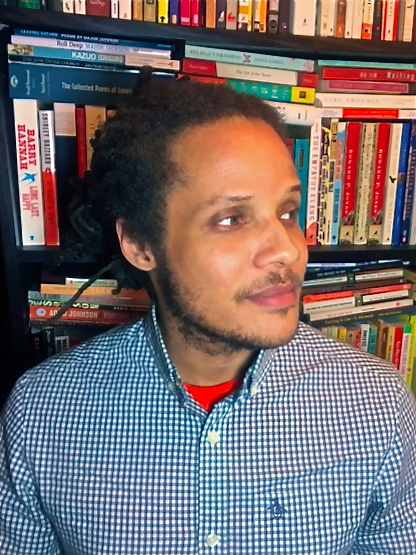Kyle Lucia Wu, June 2018
Kyle Lucia Wu is a writer based in Brooklyn. She is the Programs and Communications Manager at Kundiman, a nonprofit dedicated to nurturing Asian American literature, and the co-publisher of the literary journal Joyland. She was awarded the Asian American Writers Workshop Margins fellowship in 2017, and has received residencies from the Byrdcliffe Colony and the Millay Colony. She has an MFA in fiction from The New School, and teaches at Fordham University. Her work has appeared in Literary Hub, Guernica, Electric Literature, Interview Magazine, and elsewhere. She is working on her first novel.
About her project: She’lll be revising a draft of my first novel. "Win Me Something" is a voice-driven literary novel that explores mixed-race identity, class tensions, and blended families. It centers around the Chinese-American twenty-something Willa Chen, the child of an early divorce and blended families who falls into a job as a nanny in Manhattan, and has to reconcile the differences between the wealthy, white family she lives with, and the splintered, multi-race family she grew up around.
Paul Tran, August 2018
Paul Tran is a 2018 "Discovery"/Boston Review Poetry Prize winner. They live in Missouri, where they are Poetry Editor at The Offing Magazine and Chancellor's Graduate Fellow in The Writing Program at Washington University in St. Louis. Their work appears in The New Yorker, POETRY, and elsewhere, including the anthology Inheriting The War (W.W. Norton, 2017) and movie Love Beats Rhymes (Lionsgate, 2017). A recipient of fellowships and residencies from Kundiman, Poets House, Lambda Literary Foundation, Napa Valley Writers Conference, John Ashbery Home School, Vermont Studio Center, The Conversation, Palm Beach Poetry Festival, Miami Writers Institute, The Fine Arts Work Center in Provincetown, Lighthouse Writers Workshop, and Eliza So Fellowship, Paul is the first Asian American since 1993 to win the Nuyorican Poets Cafe Grand Slam, placing Top 10 at the Individual World Poetry Slam and Top 2 at the National Poetry Slam.
About their projects: Paul will be working on their first full length poetry collection. To be acquired by One World/Random House, the collection examines intergenerational trauma, sexual violence, and U.S. Empire following the Vietnam War.
Special thanks to our our donors
Individual fellowships are made possible with support from the Amazon Literary Partnership, Submittable, the New York Public Library’s digital short story collection, and private donors. If your organization would like to partner with Plympton to sponsor a fellowship, please reach out to writingdowntown@plympton.com.
To find out even more, visit http://www.writingdowntown.com
























